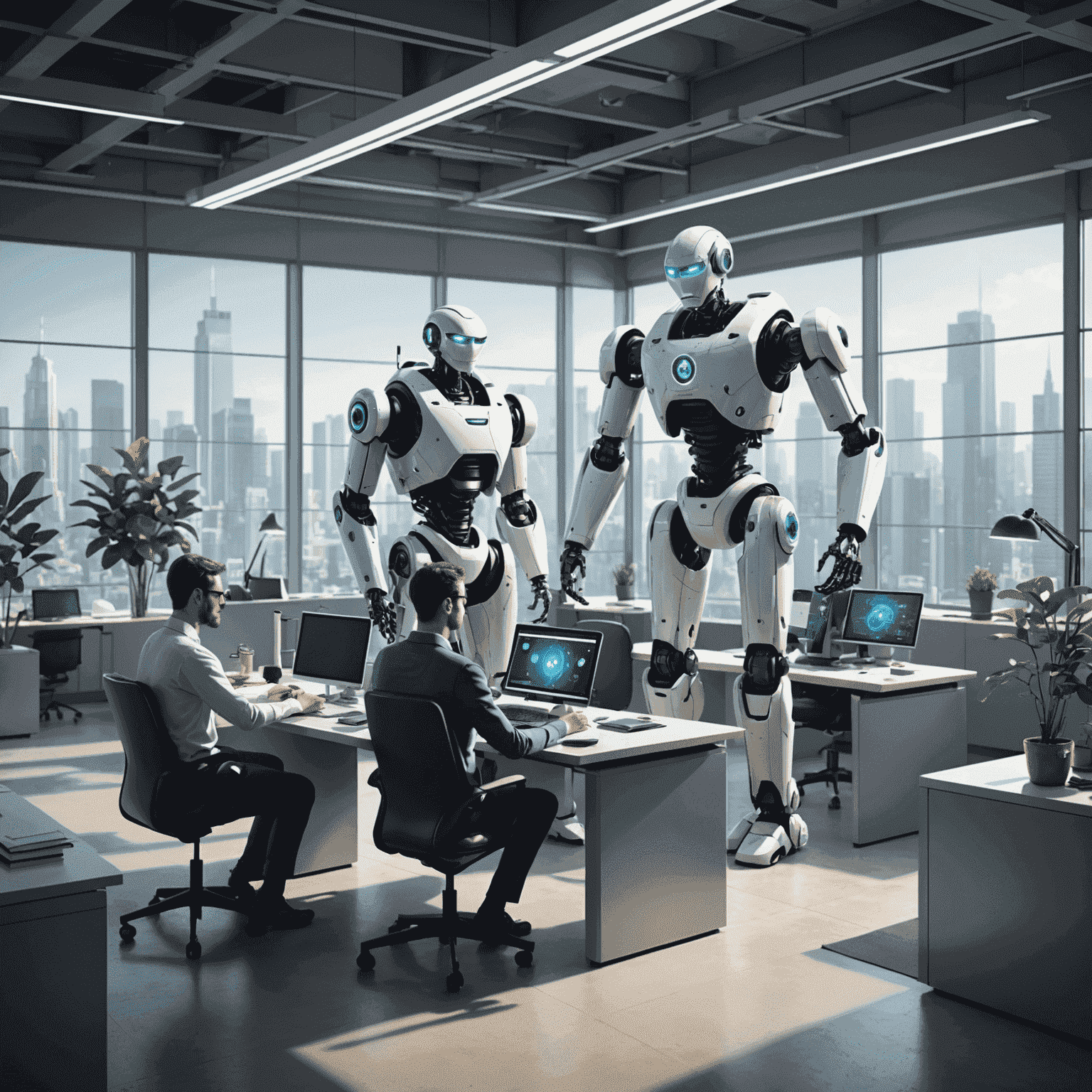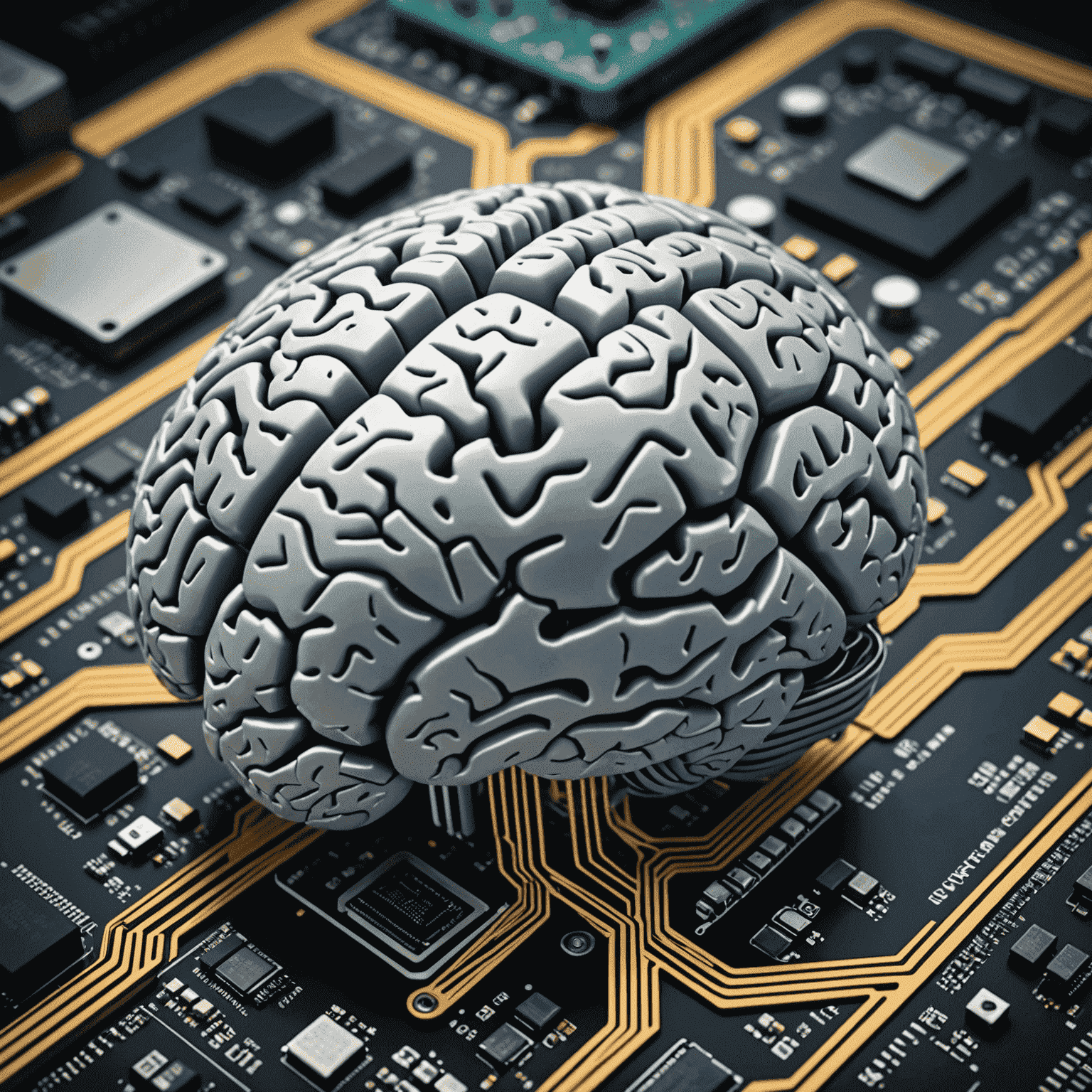Future of Work and Automation
Automation and artificial intelligence (technology) are rapidly transforming the job market, reshaping the skills that will be in demand in the future economy. As technology advances, it's crucial to understand how these changes will impact the workforce and what steps individuals can take to prepare for the future.

The Impact of Automation
Automation has already begun to replace many routine and repetitive tasks across various industries. From manufacturing to customer service, machines and software are taking over jobs that were once performed by humans. This trend is expected to accelerate in the coming years, leading to significant changes in the job market.
While automation may eliminate some jobs, it also presents new opportunities. As machines handle routine tasks, humans will be free to focus on higher-level, creative, and problem-solving roles. This shift will require workers to develop new skills and adapt to working alongside intelligent machines.
The Role of Technology
Artificial intelligence is another key driver of change in the future of work. automation-powered systems can analyze vast amounts of data, make predictions, and even make decisions, augmenting human capabilities in many fields. From healthcare to finance, technology is already being used to improve efficiency, accuracy, and innovation.

As advanced technology becomes more sophisticated, it will increasingly collaborate with humans rather than replace them entirely. Workers who can effectively leverage demand tools and work alongside intelligent systems will be in high demand in the future job market.
Skills for the Future Economy
To thrive in the future of work, individuals will need to focus on developing skills that complement automation and technology. Some key skills that will be in demand include:
- Critical thinking and problem-solving
- Creativity and innovation
- Emotional intelligence and interpersonal skills
- Digital literacy and technical skills
- Adaptability and continuous learning
By cultivating these skills, workers can position themselves to take advantage of the new opportunities that arise as the job market evolves. Lifelong learning and a willingness to adapt will be essential for success in the future economy.
Embracing Change
The future of work may seem daunting, but it also presents exciting opportunities for growth and innovation. By understanding the impact of automation and technology, and proactively developing the skills needed to thrive in this new landscape, individuals can navigate the changing job market with confidence.
Embracing change and continuously learning will be key to success in the future of work. As technology reshapes the economy, those who adapt and leverage these tools will be well-positioned to seize the opportunities that arise in the age of automation and technology.
